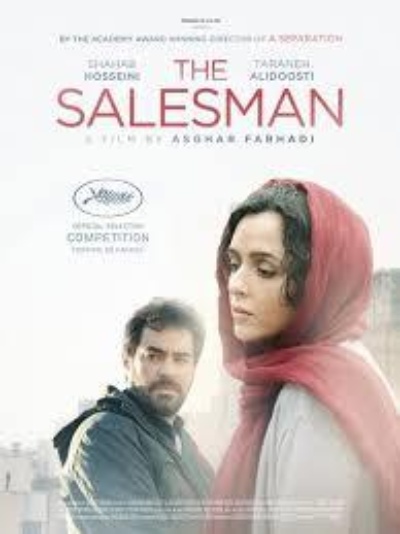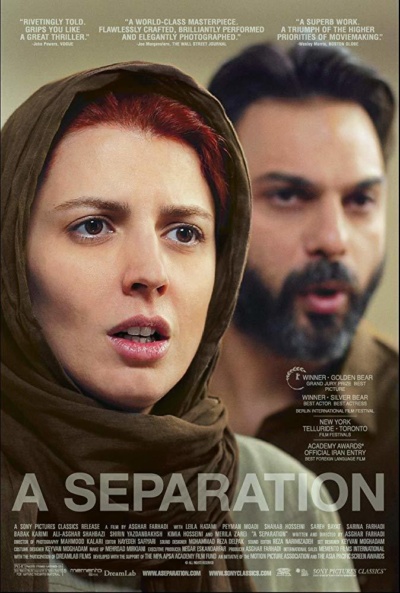
Iranian art films have garnered international fame and nowadays enjoy a global following. Austrian filmmakers such as Michael Haneke have praised Iranian film as one of the world’s most important artistic cinemas. Director Asghar Farhadi has won two Academy Awards for Best Foreign Film with The Salesman in 2016 and A Separation in 2011, both of which have been screened at LFS.
Although the Iranian film industry is flourishing, its filmmakers have operated under censorship rules, both before and after the revolution. Some Iranian films that have been internationally acclaimed are banned in Iran itself.
Iranian filmmakers are confronted by enormous obstacles. All movies are subjected to intense scrutiny by the Ministry of Culture to insure they adhere to strict cultural, moral, and religious codes. Despite restrictions, the directors of the Iranian New Wave have made many powerful movies that test the limits of control.

‘Fatemeh Motamed Arya, one of the grande dames of Iranian cinema, has said that because Iranian censors banned sex, violence and alcohol, the country’s film industry had developed differently from most. “Many of our films,” she said, “are about kindness and humanity.”’
In recent years, not all filmmakers have had positive experiences. In 2001, feminist filmmaker Tahmineh Milani who made The Hidden Half was jailed because her movie was presumed anti-revolution (against the 1979 Islamic revolution). Many Iranian and international artists were able to secure her release after 8 days of imprisonment.
More positively, in 1998 the Iranian government began to fund ethnic cinema. Since then Iranian Kurdistan has seen the rise of numerous filmmakers. By the year 2001 the number of features produced in Iran rose to 87 (from 28, which is the number of films that were produced in 1980, after the fall of the Shah). The most popular genres were melodramas and historical pageants which seldom went to festivals.